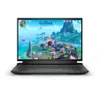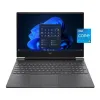Oh Snap(dragon)! Are G Series chips the future of Nintendo Switch and Steam Deck?
Nintendo Switch and Steam Deck sequels could make great use of Qualcomm's latest chip
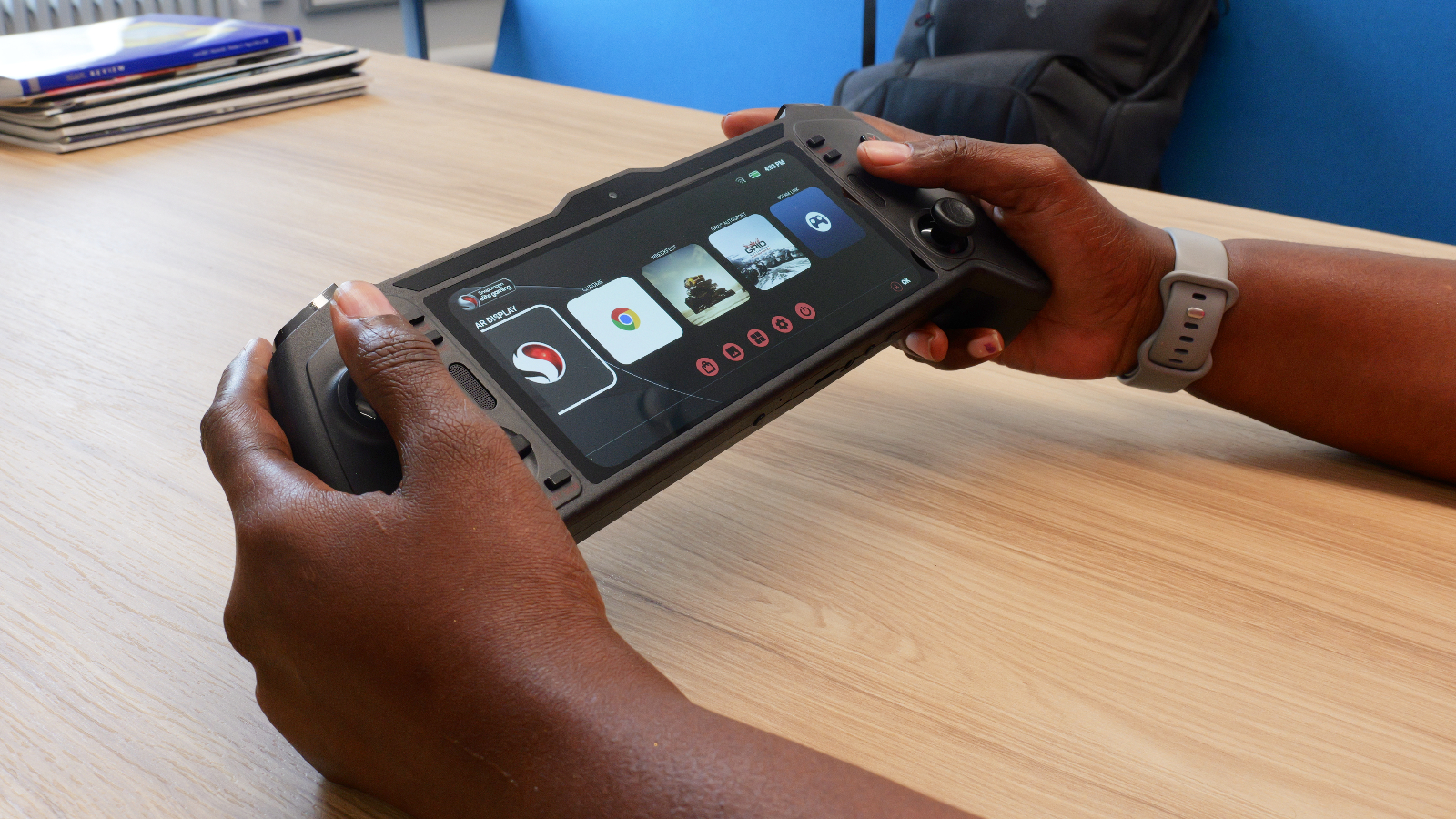
Sign up to receive The Snapshot, a free special dispatch from Laptop Mag, in your inbox.
You are now subscribed
Your newsletter sign-up was successful
Qualcomm has just announced its next-gen gaming handheld chipsets — named the Snapdragon G Series, which is primed to take on the likes of the Steam Deck and Asus ROG Ally.
With hardware-accelerated ray tracing for the first time, and impressive power efficiency capabilities, I don’t think Valve is Qualcomm’s competition. In fact, I believe we may see this chip make the jump to Steam Deck 2, but more likely in the next gen Nintendo Switch.
More was announced than the top of the range Snapdragon G3X, though. The company is staking its claim in three key areas, alongside building a reference model to point OEMs in the right direction.
Snapdragon G1: The game streaming option

Think the Logitech G Cloud class of system — a fanless handheld that is built purely for game streaming. The Snapdragon G1 Gen 1 is the lower end option from Qualcomm’s family, which comes packed with an 8-core Kryo CPU, and an Adreno A11 GPU that supports full 1080p cloud gaming at up to 60 FPS.
Would I have preferred to see Wi-Fi 6 support for higher data streaming rates, over the Wi-Fi 5 support it does offer? Sure. Plus, with no 5G support, cloud gaming on-the-go is a bit of a distant fantasy outside of areas with a wireless network to connect to.
But for all intents and purposes, this offers the right amount of power for remote play and cloud gaming.
Snapdragon G2: The happy medium
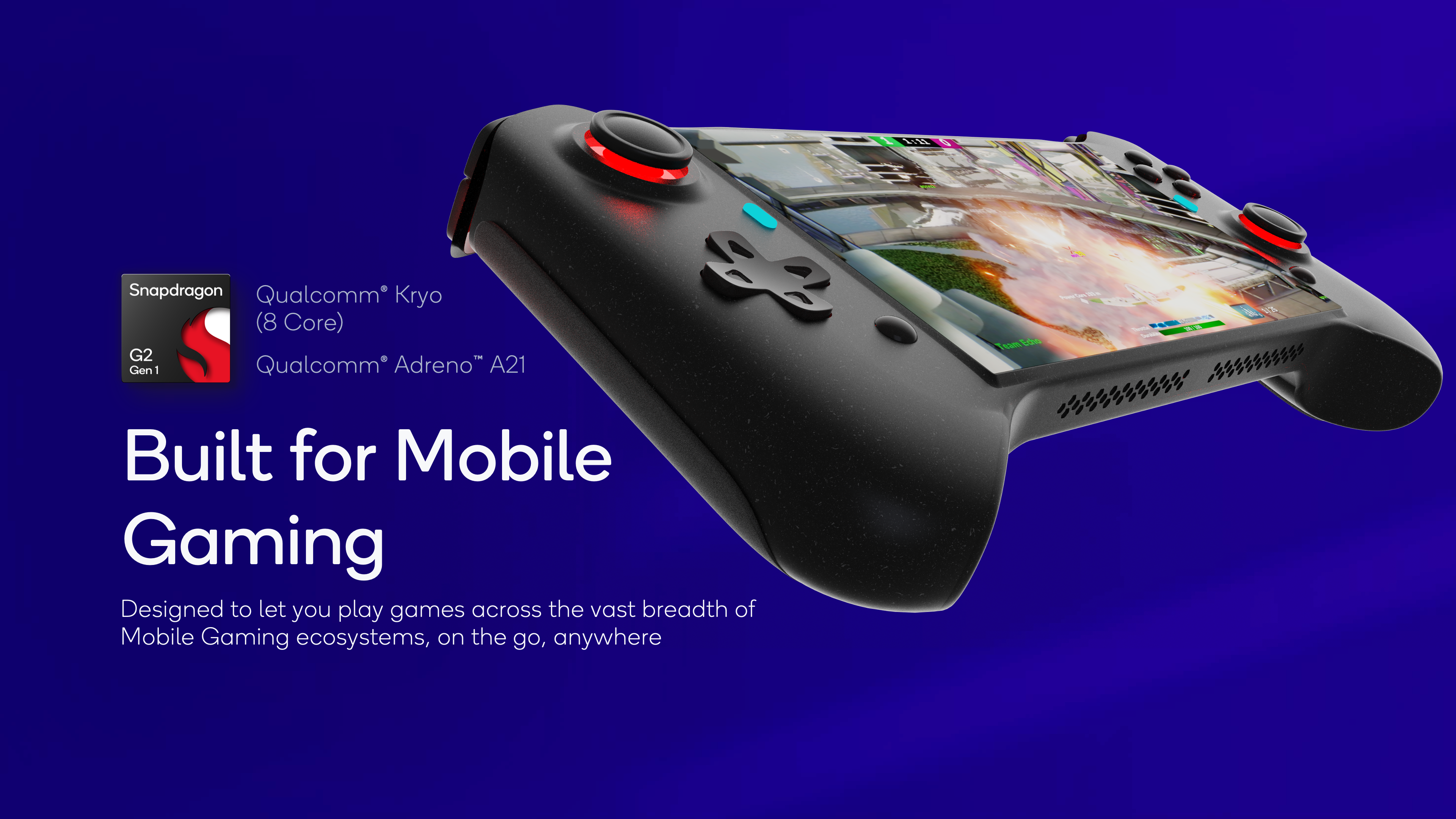
Moving up the range, we come to the Snapdragon G2 Gen 1, which brings some tasty upgrades to mobile gaming performance.
Sign up to receive The Snapshot, a free special dispatch from Laptop Mag, in your inbox.
Key upgrades over the G1 come in the form of that upgraded A21 GPU, support for Wi-Fi 6, and the Snapdragon X62 5G modem for mmWave data wherever you are. This boost in power allows for a max display support of a FHD+ resolution and up to 144 FPS.
I know that Qualcomm points towards this being designed for dedicated gaming devices, but I wouldn’t be surprised to see the likes of RedMagic to use something like this in its future gaming-focussed smartphones — the absolute mad lads.
Snapdragon G3: The flagship killer?
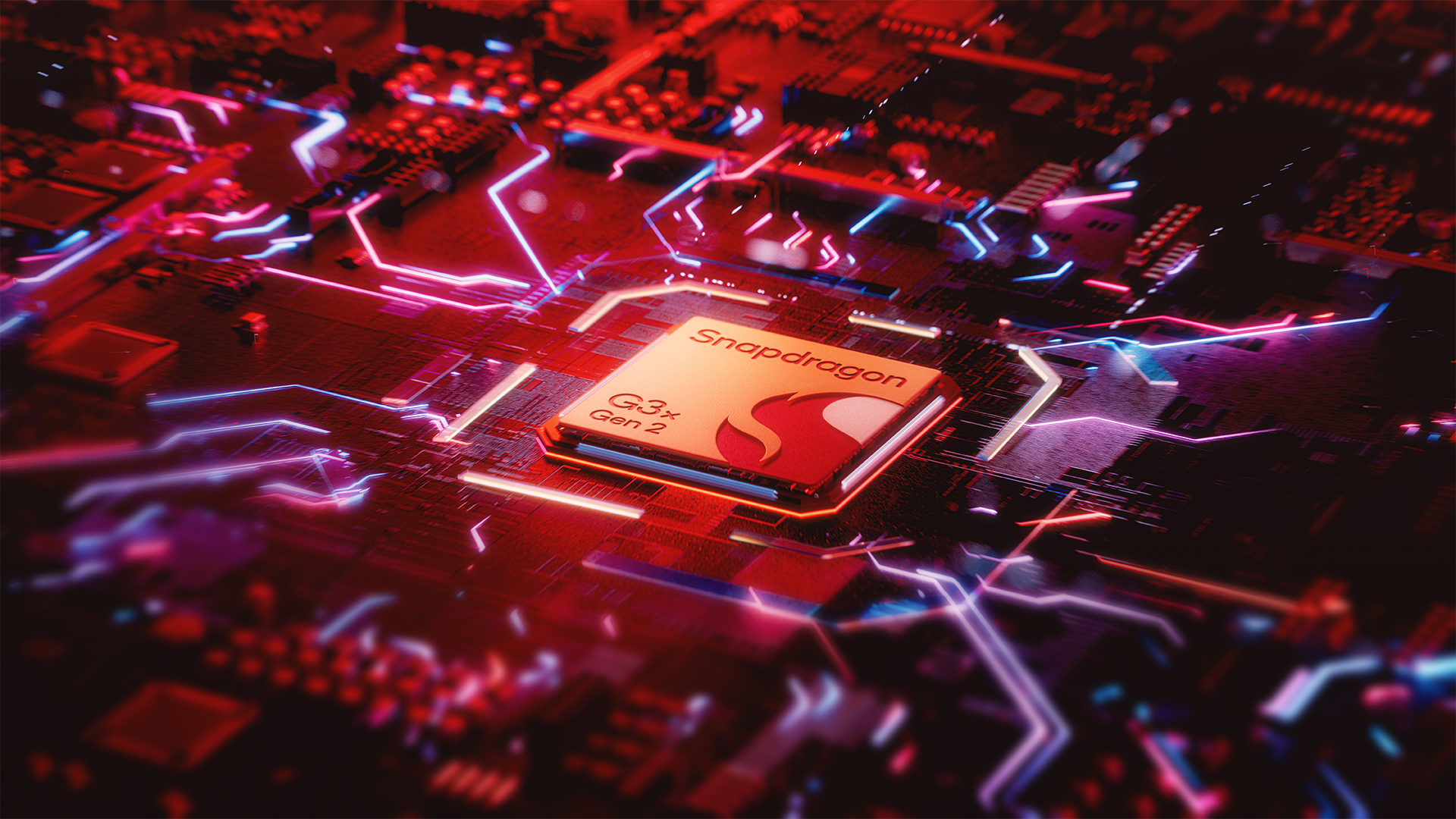
The cream of the crop for gaming handhelds. Quallcomm’s Snapdragon G3x Gen 2 is an absolute beast when compared to the first generation of this chip — offering over twice the GPU performance and a 30%+ faster CPU.
This comes courtesy of a tuned up 8-core Kryo CPU and Qualcomm’s top of the range Adreno A32 GPU, which work to make this the first G Series chip to support hardware-accelerated ray tracing and super resolution tech. Enhancing the experience is support for low-latency audio thanks to Bluetooth 5.3, and support for Wi-Fi 7 (and of course 5G support.
What does all of this mean to you? Well, with what this chip is capable of doing, we could see this chip used in more than just Android-based handhelds — maybe even stretching its legs into PC gaming handhelds. This is why I have a hunch about Valve and Nintendo’s upcoming handheld systems.
Outlook
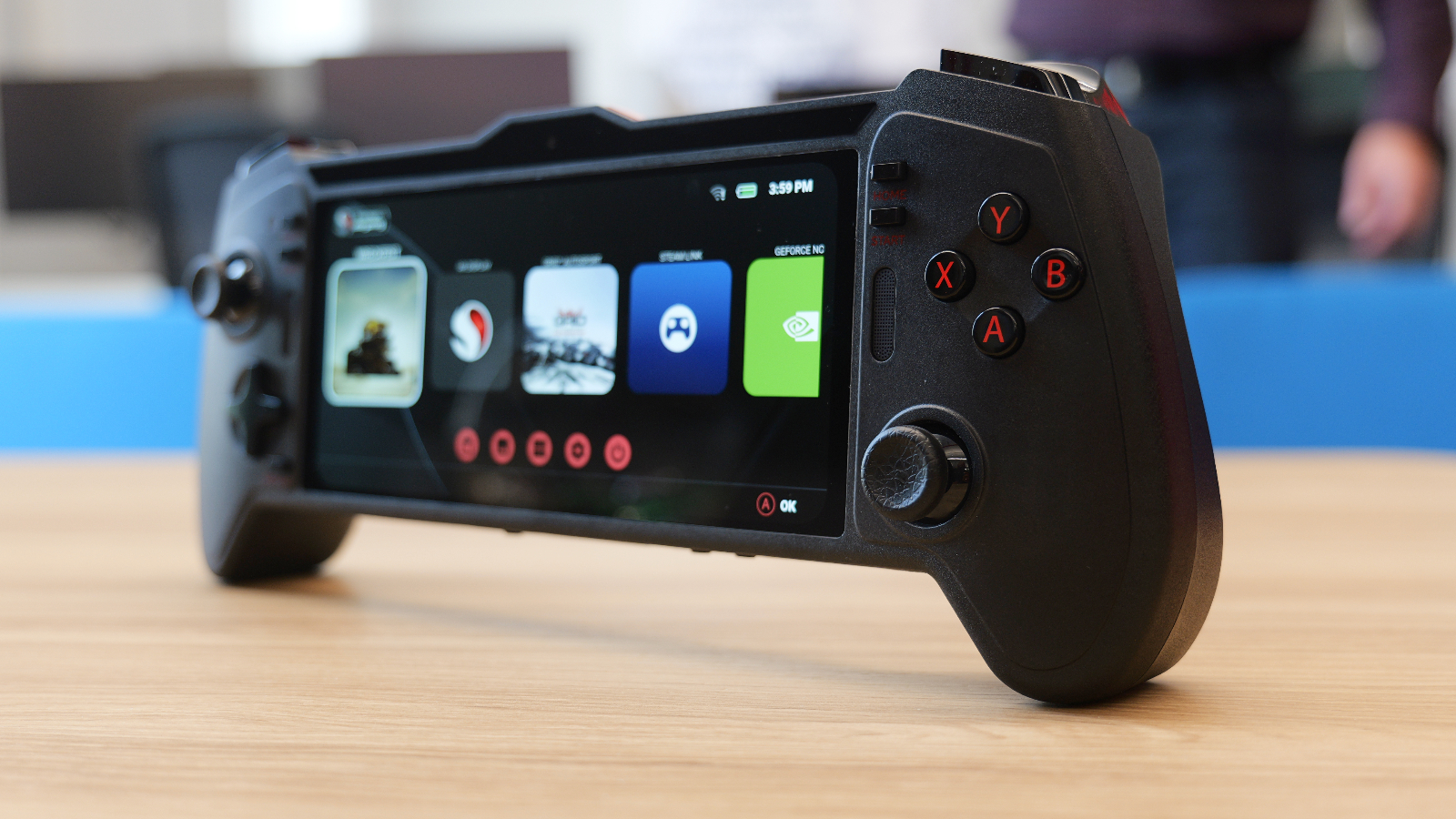
With these new chips, Qualcomm is making big bets on three key areas: game streaming, mobile gaming, and handheld PC gaming. OEMs including AyaNeo, Inventec, and Thundercomm are already on board to build some new handheld gaming devices, but I think the new Snapdragon G Series has its eyes on bigger prey.
With rumors pointing to a Nintendo Switch 2 launching as soon as April 2024, and the Steam Deck 2 being in the works, this could be the kind of chipset these companies are looking for — powerful, yet power efficient.
Of course, all I can do is speculate as of this moment. But I’d be willing to buy my editor a pint if at least one of these systems doesn’t come packaged with a Snapdragon G Series chip. (Editor note: You're on.)

Jason brought a decade of tech and gaming journalism experience to his role as a writer at Laptop Mag, and he is now the Managing Editor of Computing at Tom's Guide. He takes a particular interest in writing articles and creating videos about laptops, headphones and games. He has previously written for Kotaku, Stuff and BBC Science Focus. In his spare time, you'll find Jason looking for good dogs to pet or thinking about eating pizza if he isn't already.







